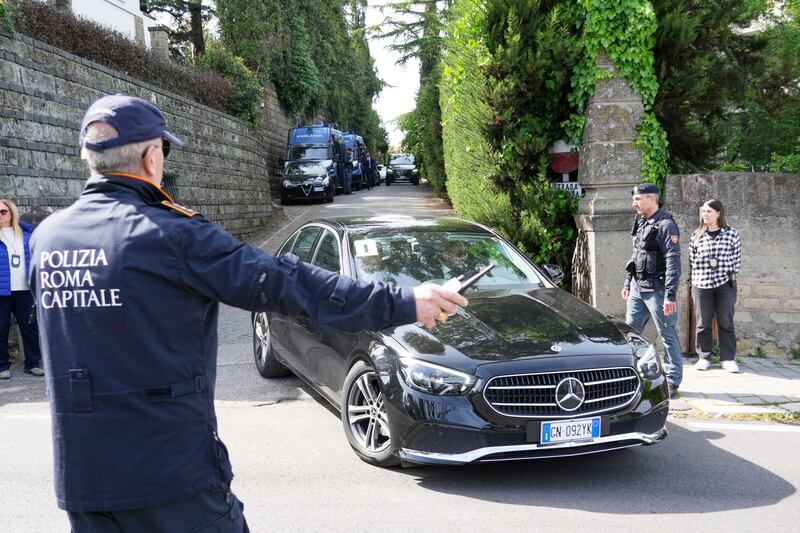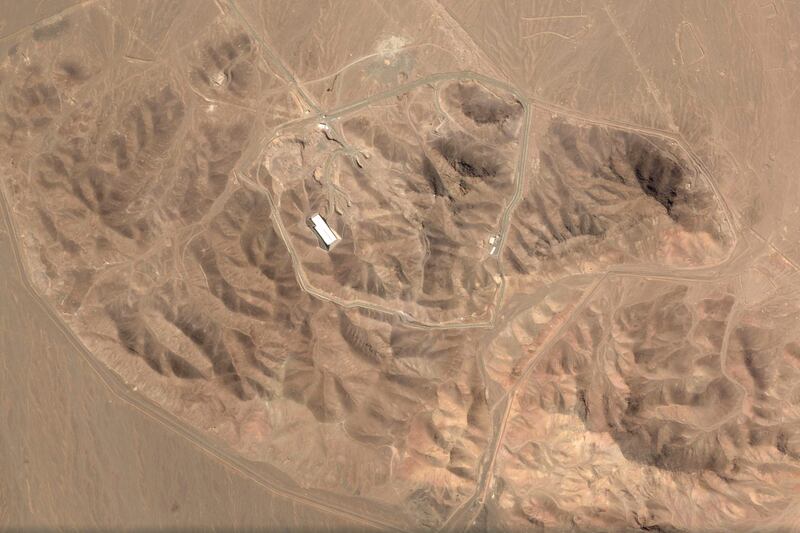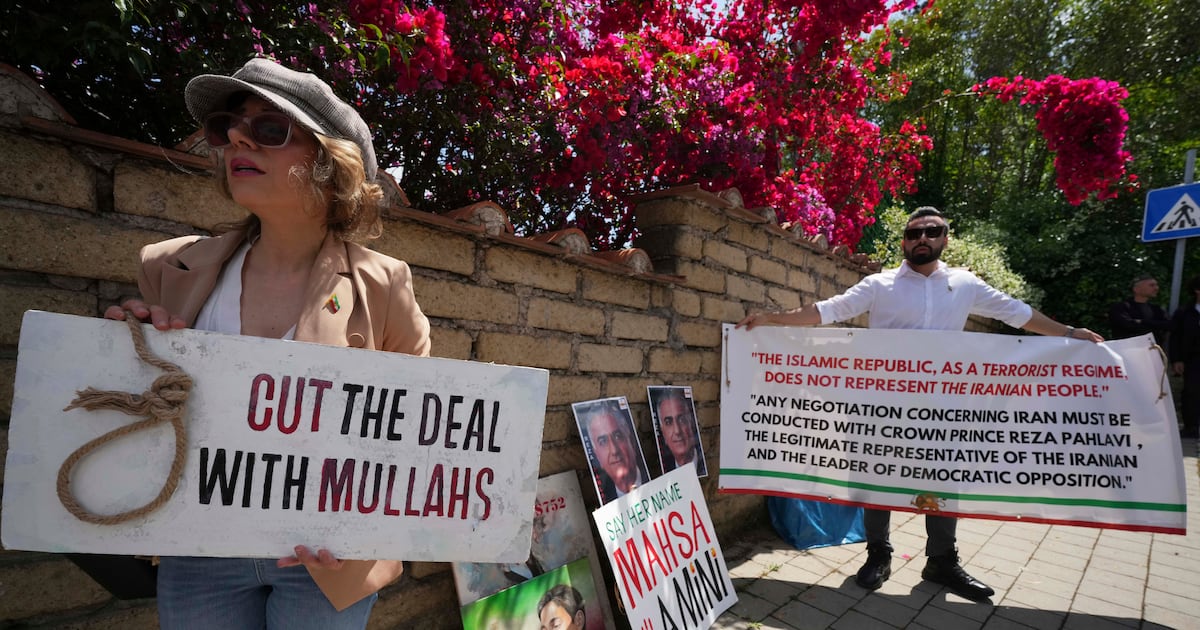Nuclear negotiations in Rome, Italy between the United States and Iran continue, as talks concerning uranium enrichment resumed, per Fox News.
Iran’s Supreme Leader, Ayatollah Ali Khamenei, has rejected the White House’s apparent call for a ban on uranium enrichment in Iran, saying that he will not make a deal on such terms.
The White House has not yet clarified if it is actually calling for a ban on uranium enrichment in Iran. For context, while nuclear weapons use uranium, so do civil operations like nuclear energy. But Iran’s ambitions to develop nuclear weapons have long been known.
U.S. President Donald Trump’s special envoy to the Middle East, Steve Witkoff, was present at the Friday talks, which lasted two hours and are the fifth round of negotiations so far. Leaders have reported constructive dialogue, though “there is still work to be done” — and they have yet to reach “solutions that will allow the negotiations to progress.”
Talks are now slated to move from neutral ground in Rome to the respective capitals of both nations.
What do Iran and the U.S. want from one another?
The United States and Iran have been at odds since 1979, when a new, hostile government took over Tehran, and Americans were taken hostage. The U.S. held the position that the regime could not be trusted with nuclear weapons.
 Iranian delegates leave the Omani Embassy in Rome after closed-door meeting with a U.S. delegation to discuss Tehran’s rapidly advancing nuclear program, Saturday, April 19, 2025. | Andrew Medichini, Associated Press
Iranian delegates leave the Omani Embassy in Rome after closed-door meeting with a U.S. delegation to discuss Tehran’s rapidly advancing nuclear program, Saturday, April 19, 2025. | Andrew Medichini, Associated Press In 2002, Iran was revealed to have secretly put into operation two new nuclear facilities. Since then, Iran has continued its nuclear development in covert and overt ways, both of which have triggered attempts at negotiation from U.S. officials.
In 2015, in talks with the Obama administration, Iran agreed to scale its nuclear development back in exchange for the United Nations and the United States lifting sanctions. But there were many who said at the time that Iran, which funds terrorist activity across the Middle East, could not be trusted.
In 2018, President Donald Trump backed away from this agreement, arguing that Iran had not been sufficiently transparent and that the agreement had not adequately limited Iran’s weapon development or its funding of militant extremists.
Washington then reimposed trade sanctions. Iran continues to insist that its nuclear activity is peaceful, but American leaders have long been skeptical.
Now the United States wants to procure an agreement that will bar Tehran from producing nuclear weapons.
Ahead of the talks, Iranian Foreign Minister Abbas Araghchi wrote on X: “Zero nuclear weapons = we Do have a deal. Zero enrichment = we do NOT have a deal. Time to decide.”
 This satellite photo from Planet Labs PBC shows the Fordo enrichment facility in Iran on April 1, 2025. | Planet Labs PBC via Associated Press
This satellite photo from Planet Labs PBC shows the Fordo enrichment facility in Iran on April 1, 2025. | Planet Labs PBC via Associated Press What happens if talks fail?
Israel has suggested to Trump that it could attack Iran’s nuclear facilities in order to block the country’s weapons development, per The Washington Post. Trump has said he prefers a deal, but could order strikes if negotiations fail.
Trump has also said he believes the talks are “moving along in the right direction,” per White House spokeswoman Karoline Leavitt.
